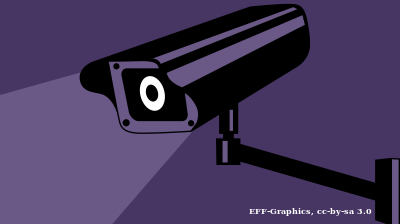Serbia's information and communication technology (ICT) sector exports surged by nearly 19% y/y in the first half of 2024, reaching €1.9bn, according to data released by the Ministry of Information and Telecommunications on August 15.
The significant growth underscores Serbia's rising prominence as a regional ICT leader. Over the past decade, the sector has experienced dramatic expansion, with ICT service exports increasing nearly tenfold from €175mn in 2012 to €3.44bn by 2023.
The ministry’s report reveals that ICT product and service exports grew by 18.84% in H1 compared to the same period in 2023, which was previously a record year for the sector. Notably, exports in the first quarter of 2024 alone surpassed the total exports for the entire year of 2017. This continued growth highlights the sector's crucial role in Serbia's economy.
"About 5% of our GDP in 2022 came from this sector, half of which from computer programming," said Nenad Jevtovic, director of the Institute for Development and Innovation, in an interview with Danas. Jevtovic suggested that the actual contributions might be even higher, factoring in untracked flows such as cryptocurrencies.
Despite the impressive performance, Jevtovic cautioned that Serbia needs to shift its focus from merely exporting services and labour to developing medium and large IT companies capable of exporting products. "We need to move to the level where we don't only sell working hours, but also the product," he said.
Milan Solaja, director of the Vojvodina ICT Cluster, echoed these concerns, noting the high level of foreign ownership in the Serbian IT sector. "Over 80 per cent of Serbian companies are majority or entirely foreign-owned. While this has driven internationalisation, it also means that Serbian IT contributes more to the development of other countries' economies and much less to our own,” he told Danas.
Industry experts argue that Serbia should leverage its strong engineering tradition to develop home-grown companies capable of driving long-term economic growth. By fostering domestic ICT products and services, Serbia could reduce its reliance on foreign-owned entities, which currently dominate the sector, and create high-value jobs that retain talent within the country.
“In the future, we should focus on building our capacities to make better use of our talent and intellectual resources,” Solaja said. “This will not only bolster our economy but also position Serbia as a leader in technological innovation in the region.”
Tech

Russia blocking messaging apps again, sets up copycat Telegram app
Russia’s internet watchdog Roskomnadzor has been blamed for another round of internet outages in Russia, as the state sets up a Telegram messaging app clone as the Kremlin continues to take increasing control of RuNet.

Albania’s AI minister ‘pregnant’ with 83 children, PM says
AI “minister” Diella will give birth to dozens of digital parliamentary assistants for ruling party MPs.

Is Kazakhstan building a digital utopia, or a China-style surveillance state?
Many Kazakhs will tell you that officials should limit their ambitions to fixing the internet speed. Others worry that the time for joking is over.

Kia inaugurates $310mn "highly automated" automotive plant in Kazakhstan
Featuring 68 industrial robots, the plant is designed to produce up to 70,000 vehicles annually.




